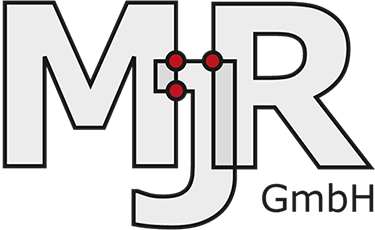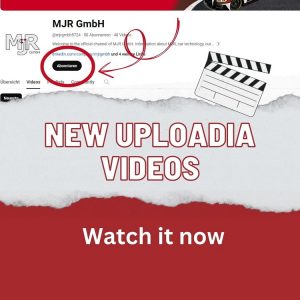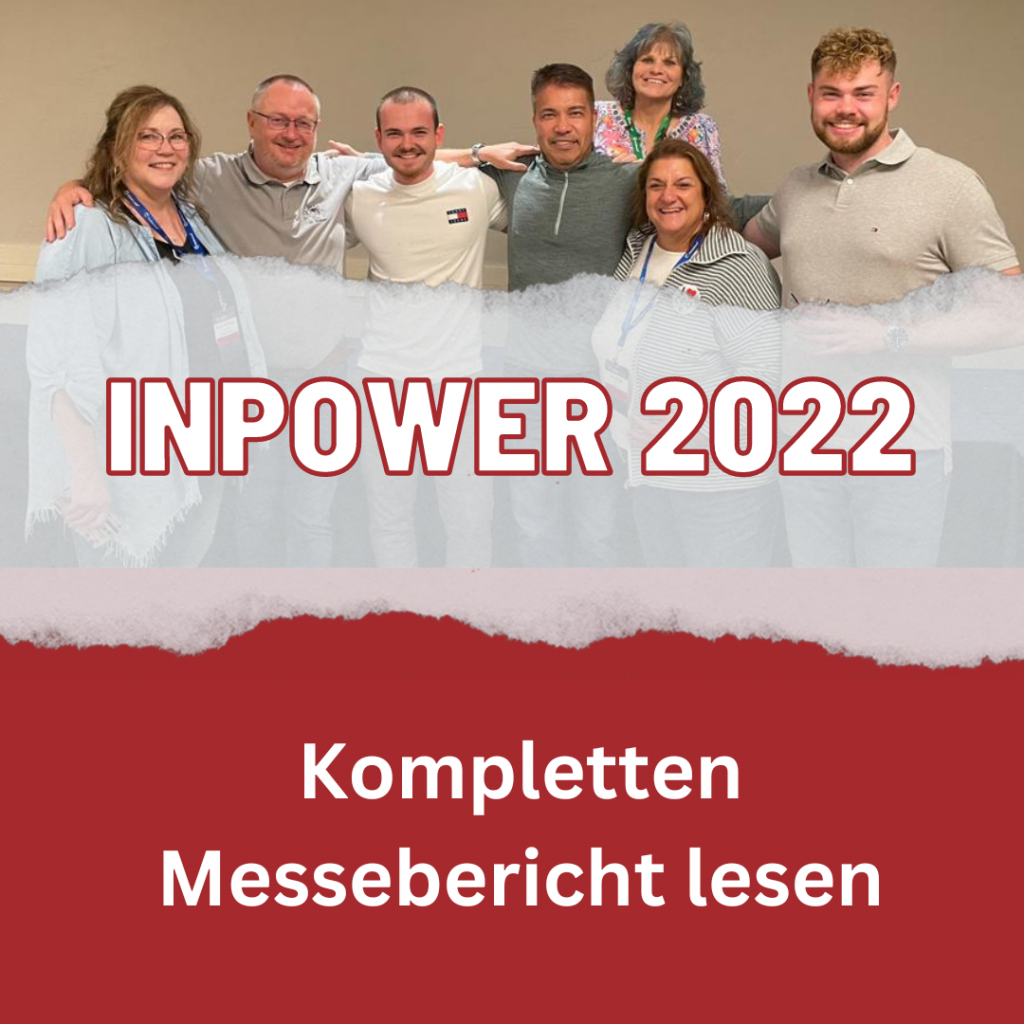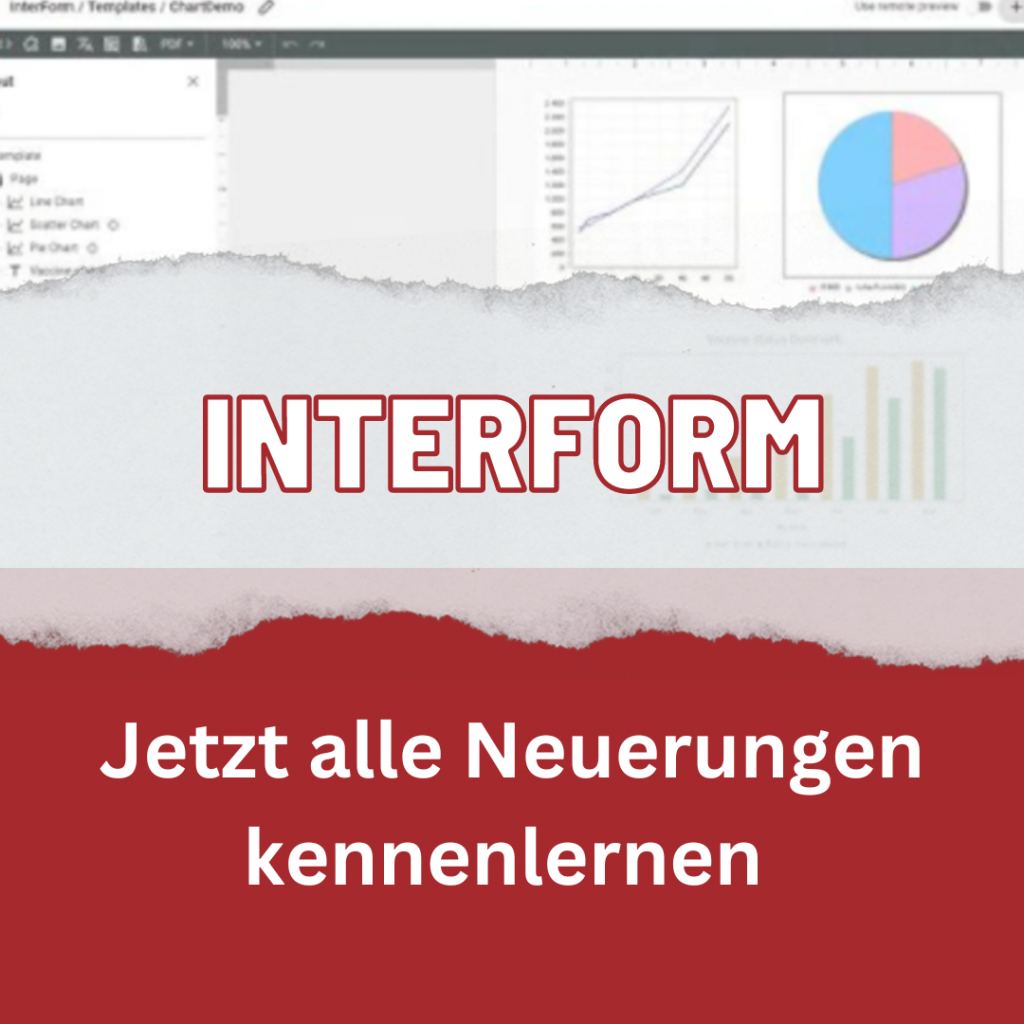Inhalt

Julia Eberle
Marketing Manager
Your partner for ERP and technology.
From order management to quality control: using ERP systems correctly
In today’s fast-paced business world, it’s not just about innovative products, but also about optimizing the processes that drive your operations. This is where enterprise resource planning (ERP) systems come into play – the backbone of modern business management.
From smoothly managing orders to ensuring strict quality controls, ERP systems have revolutionized the way we work. Here’s an insight into how these systems can be used effectively in different areas of the business:
1) Order management: Simplify your sales and order processes with an ERP. Centralized order tracking, accurate inventory overview and automated order processing mean more satisfied customers and smoother processes.
2) Inventory management: An ERP system enables you to maintain the optimal balance between supply and demand. Real-time insights help to avoid stock shortages or surpluses and ensure a well-coordinated supply chain.
3) Production planning: SIncrease production efficiency by using the production planning and resource allocation tools of an ERP. From raw material to end product, an ERP keeps an eye on your production.
4) Supply chain coordination: Work seamlessly with suppliers and distribution partners. A modern ERP facilitates real-time data exchange, allowing you to adapt quickly to market changes and reduce lead times.
5) Logistics optimization: Reports from the ERP provide insights into inventory levels, demand patterns and distribution networks, leading to optimized logistics. Reduce costs, shorten delivery times and improve customer satisfaction.
6) Financial management: An ERP goes beyond operational processes and also integrates financial data. Easily monitor expenses, revenue and financial performance and make informed decisions
7) Quality control: Maintain impeccable quality standards through the quality control modules of an ERP system. Track defects, monitor production processes and ensure compliance with industry-specific regulations.
8) Data-driven insights: An ERP goes beyond operational processes and also integrates financial data. Easily monitor expenses, revenue and financial performance and make informed decisions
8) Global scalability: Whether you are a local company or a global corporation, a modern ERP grows with you. Standardized processes across different regions ensure consistency and efficiency.
In short: The use and integration of ERP systems is no longer an option – it is now a necessity. They enable organizations to thrive in complexity, drive innovation and deliver better experiences to customers. Whether you are a tech-savvy executive or a curious learner, immerse yourself in the world of ERP systems and experience the transformation they bring!
Who is our target group?
We mainly serve medium-sized companies in the manufacturing industry. We work with customers all over the world. We are also happy to advise you individually on a wide range of digitalization topics. Our many years of experience and our hands-on mentality guarantee that your project will be handled in an uncomplicated and timely manner. We also look forward to your inquiry!
Our many years of ERP expertise for your success!
Are you still undecided as to which ERP system suits your requirements, customers and internal processes? Then contact us and we will advise you transparently and without obligation!

Oder get in touch with us directly!
Marcel Kosel
Sales Manager








